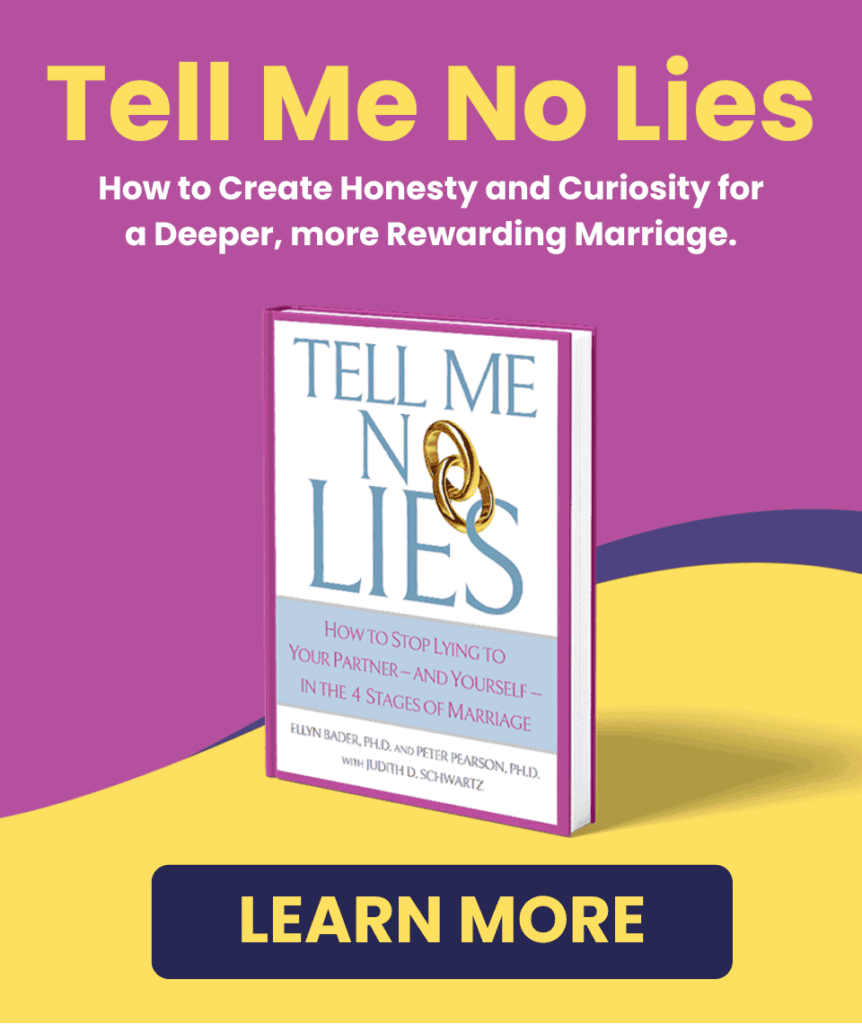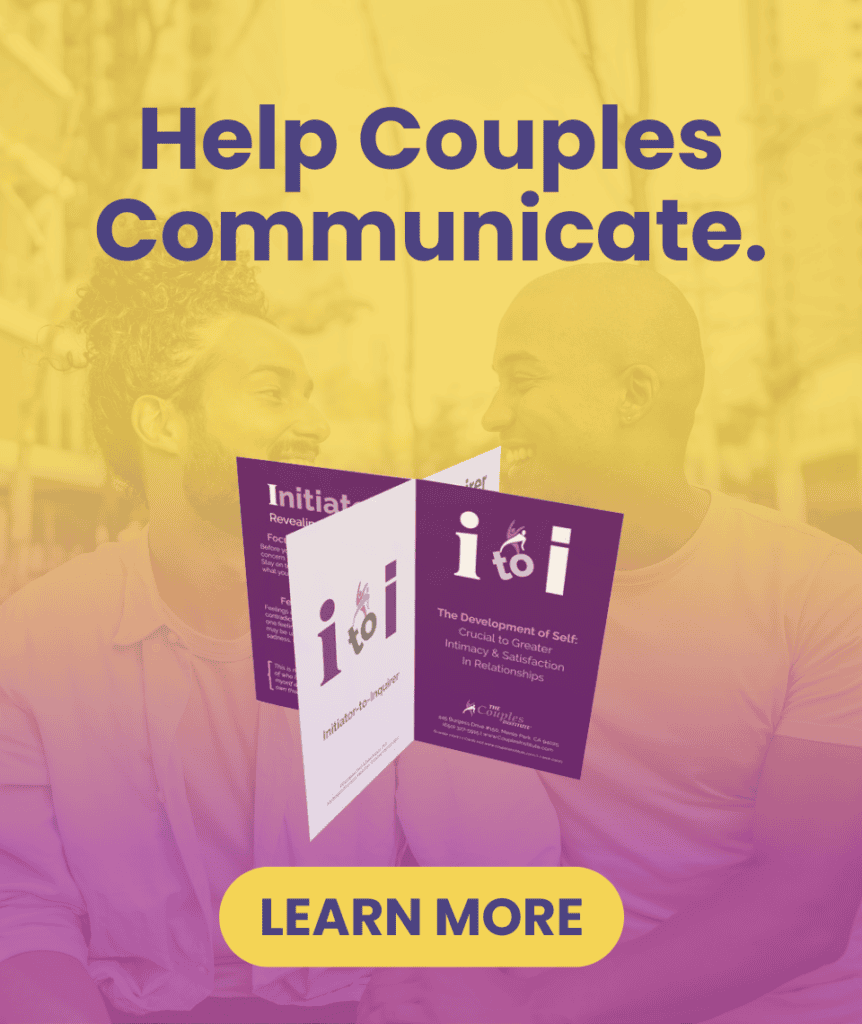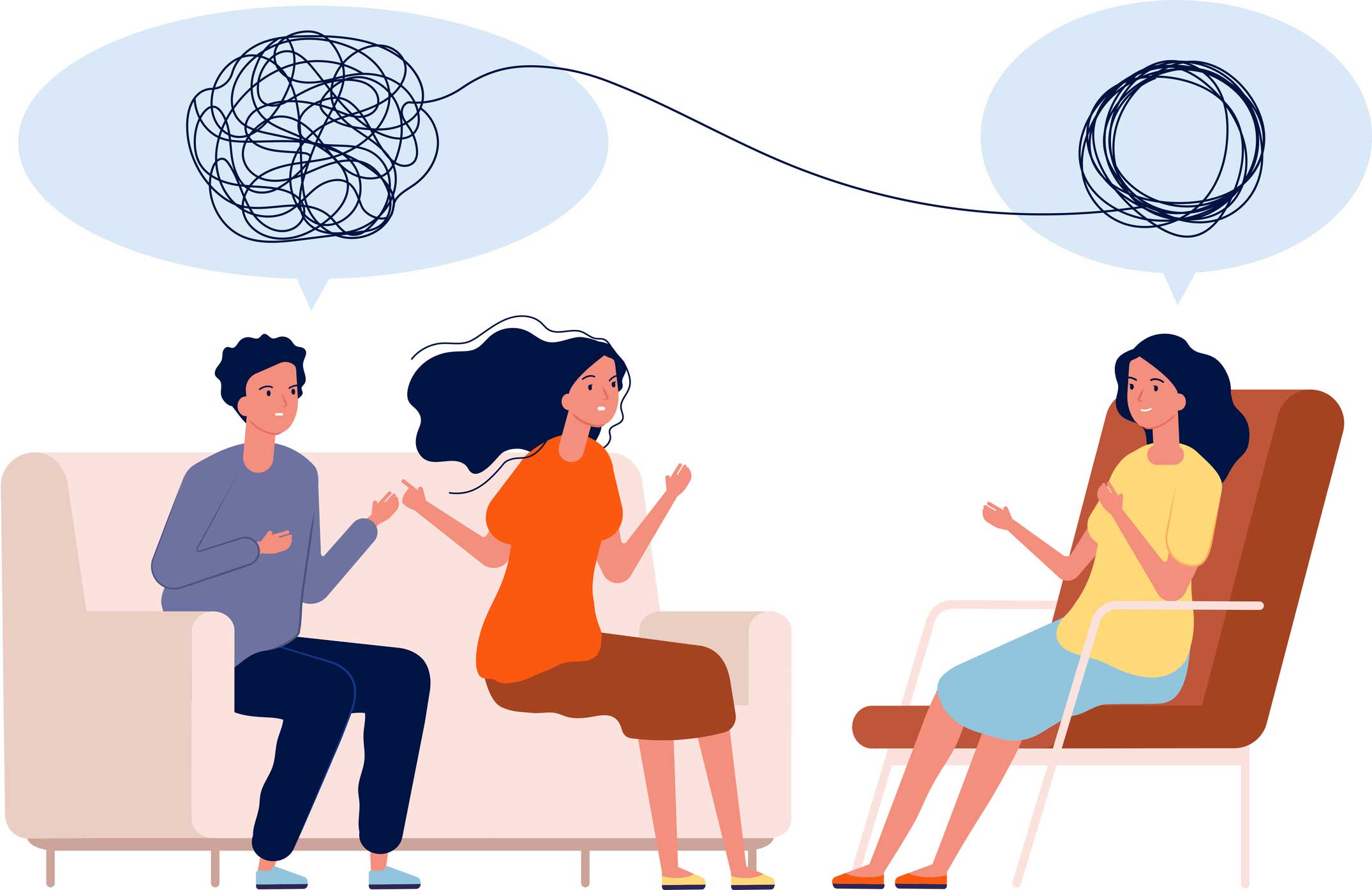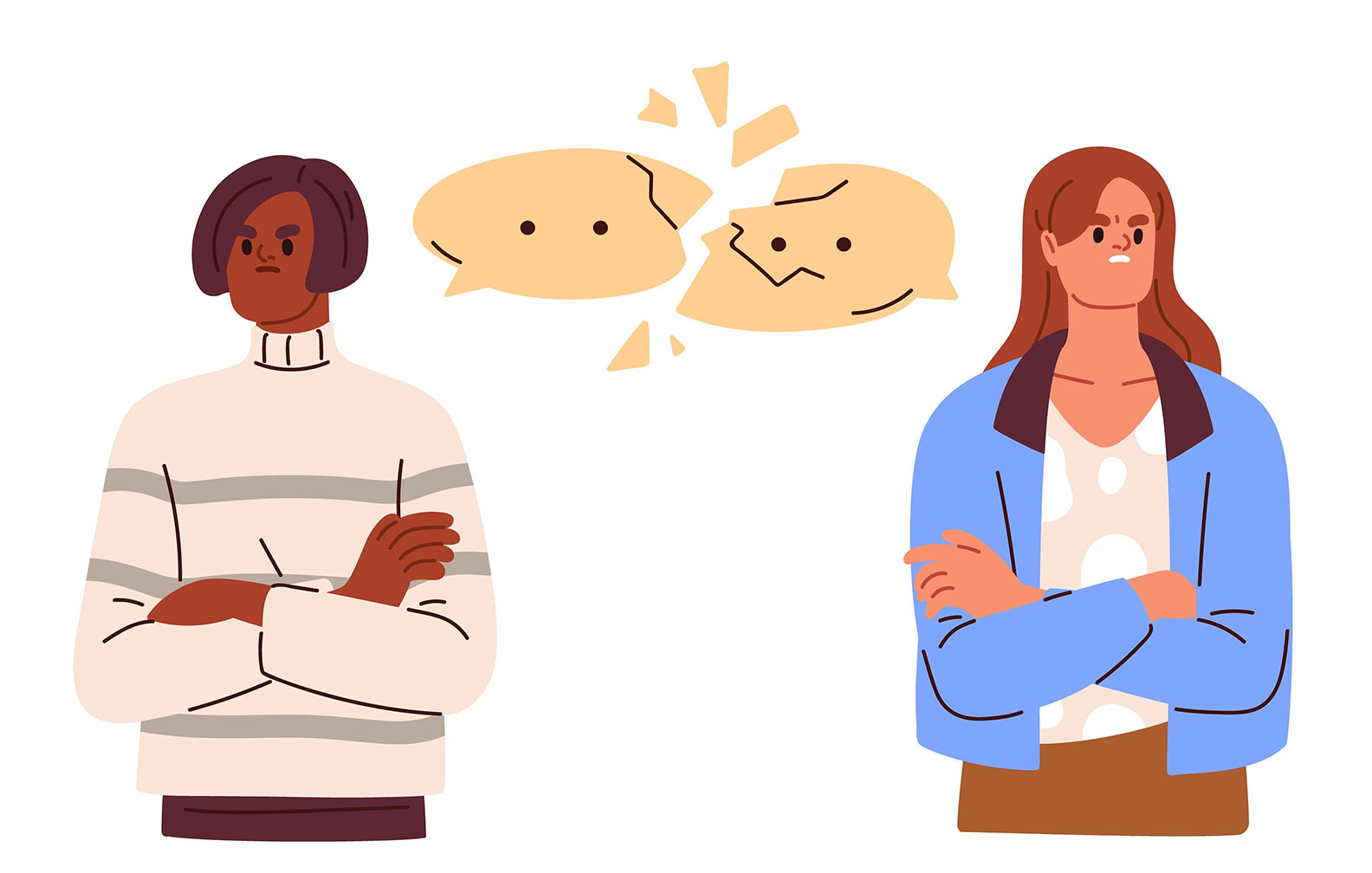How much do you value being seen and heard? Do you really want a truly successful relationship? How important is it to have impact on others? Let's look at speaking up!
Of course, for some people, that's easier said than done. You might prefer to sky dive without a parachute than tell another person what's really on your mind. But it is possible to develop an assertiveness connected to head and heart that clears the way for honest, empowered living-without being rude to others.
Those who stay mum when they would be better off speaking their mind do so for a variety of reasons:
Fear of being rejected. Any time you risk disclosing what you want and why it is important, you become vulnerable. Stored memories of previous situations when you opened up and got hurt get triggered.
Fear of how you talk to yourself if your requests are refused. If you speak up and tell your mate what you desire sexually, you definitely risk rejection. But the real damage is what you tell yourself. Do you tell yourself you are unlovable and your desires are twisted? Do you think, “I'm not worth the trouble for my partner to go out of their way for me?” Could trashing yourself after getting a refusal be a bigger problem than the refusal?
Fear of hurting feelings. Do you believe that it is better to please others, even at your own expense? Being Mr. or Mrs. Nice Guy or Gal is actually a form of abuse against yourself. And it can prevent you from living life fully.
Fear of “rocking the boat,” or upsetting the status quo. Predictable boredom is preferred to an unsettling future for conflict avoidant people.
Fear that you have nothing worth saying. Years of poor self-image can lead to this.
Fear of sparking a conflict. If you have an abusive or volatile family history, you may have learned to keep quiet or become invisible to avoid confrontation.
And yet the danger is that constant suppression of powerful feelings can lead to frustration, loneliness, even depression – not to mention the grim awareness of a life half lived.
It is important to distinguish between being assertive and being aggressive. Aggression trespasses on another's boundaries without regard for feelings. Assertiveness, on the other hand, communicates feelings, thoughts and needs clearly and directly, without assaulting the other person.
Speaking up after years of zipping your lips may not be easy. You may need to take baby steps-take classes or workshops, consult with a counselor, join an assertiveness support group, read books on speaking up without feeling guilty.
But the payoff is more effective relationships, genuine intimacy and, more than anything, an increased feeling of self-respect and empowerment.



 We respect your privacy.
We respect your privacy.


Pete,
Thanks you for your comments. As much as I liked them I did not see they addressed the depth of the difficulty of speaking up if one has a history of being greeted with aggressive rebuttal, ridicule and anger.
Thanks Pete for the blog. Sex is very touchy as well as private. Therefore we suppress more than we express when we talk about fullfilling our intimate needs. I am not so sure about assertiveness winning the day for a sex-starved person. Assertiveness can be misinterpreted as selfish or even manipulative. So what do you do? Such frustrated individuals tend to look outside or become vulnerable themselves. Which is more dangerous.